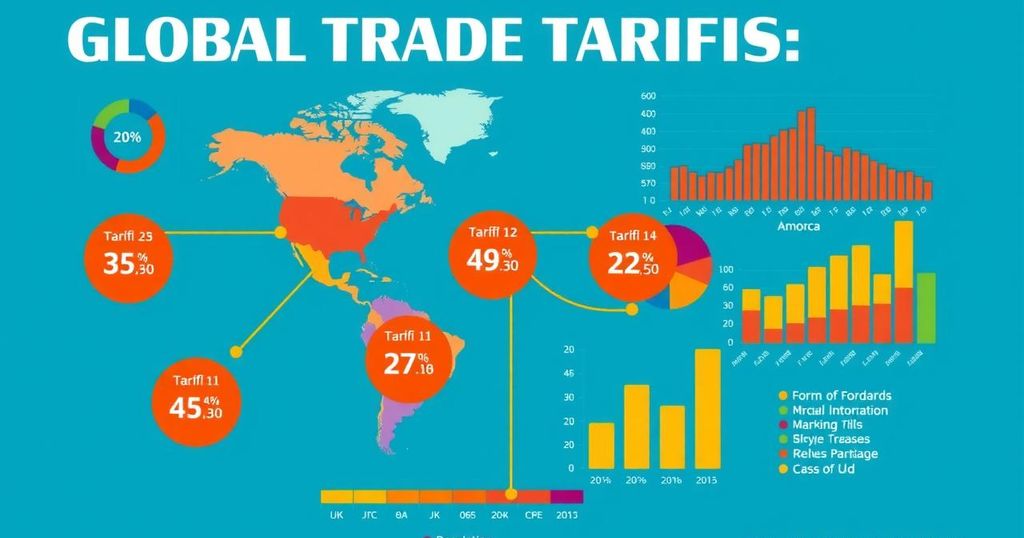Kenya’s Cabinet Secretary for Public Service, Justin Muturi, reaffirmed Kenya’s commitment to the African Charter on Values and Principles of Public Service. During a workshop in Mombasa, he emphasized the importance of transparent service delivery and shared objectives. Muturi advocates for adopting the State Parties Assessment Tool (SPAT) to enhance public service efficiency. The charter supports better service delivery, anti-corruption efforts, and development across Africa. Principal Secretary Amos Gathecha urged ministries to actively engage with the tool for improved performance.
Kenya has reaffirmed its commitment to the principles outlined in the African Charter on Values and Principles of Public Service and Administration, as stated by the Cabinet Secretary for the Ministry of Public Service and Human Capital Development, Justin Muturi. Speaking at a capacity building workshop for directors and heads of Human Resource Management & Development at the Kenya School of Government in Mombasa, he highlighted the government’s dedication to fostering a public service characterized by excellence, trust, and equity, which serves as a benchmark for the region.
Muturi emphasized the importance of collective action in building transparent and accountable public service institutions. He noted that the objectives of the charter align closely with Article 232 of the Kenyan Constitution, particularly regarding the promotion of transparent service delivery. This also includes the harmonization of policies among member states for effective public service and management.
He mentioned the progress of several member states that have piloted the State Parties Assessment Tool (SPAT), including Namibia, Tanzania, and South Africa. Kenya’s intent is to pilot and integrate this tool into its reporting processes to standardize monitoring and bolster comparative learning, which align with the charter’s goals.
The charter itself was adopted during the 16th Ordinary Session of the African Union and has been effective since July 23, 2016. It serves as a legally binding framework aimed at enhancing public service delivery and combating corruption, thereby facilitating accelerated development across Africa.
Muturi noted, “From the insights gained over the week on piloting the SPAT, we need to reflect on the principles of the charter and recognize that it is not enough to just pilot and adopt the tool and these values; we must live them daily in our workplaces.” He urged that the principles must be ingrained within the fabric of Kenya’s public service institutions, ensuring they are a cornerstone of governance.
The Principal Secretary of the State Department for Public Service, Amos Gathecha, underscored the significance of the workshop in providing a comprehensive tool for performance assessment against the core values and principles. Gathecha called for ownership and commitment to this tool within ministries, given its complexity, requiring full attention to ensure compliance with the established values.
In summary, Kenya is steadfast in its commitment to improving public service through adherence to the African Charter on Values and Principles. The government’s focus on collective action and the integration of SPAT highlights its dedication to fostering a transparent and accountable public sector. Through these efforts, Kenya aims to set a standard of excellence and equity while enhancing governance and service delivery for its citizens.
Original Source: www.kenyanews.go.ke




